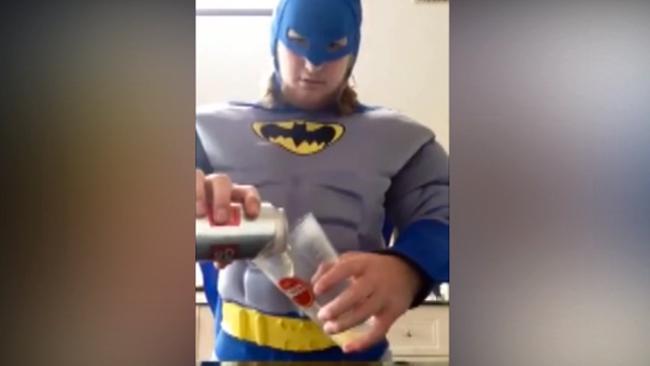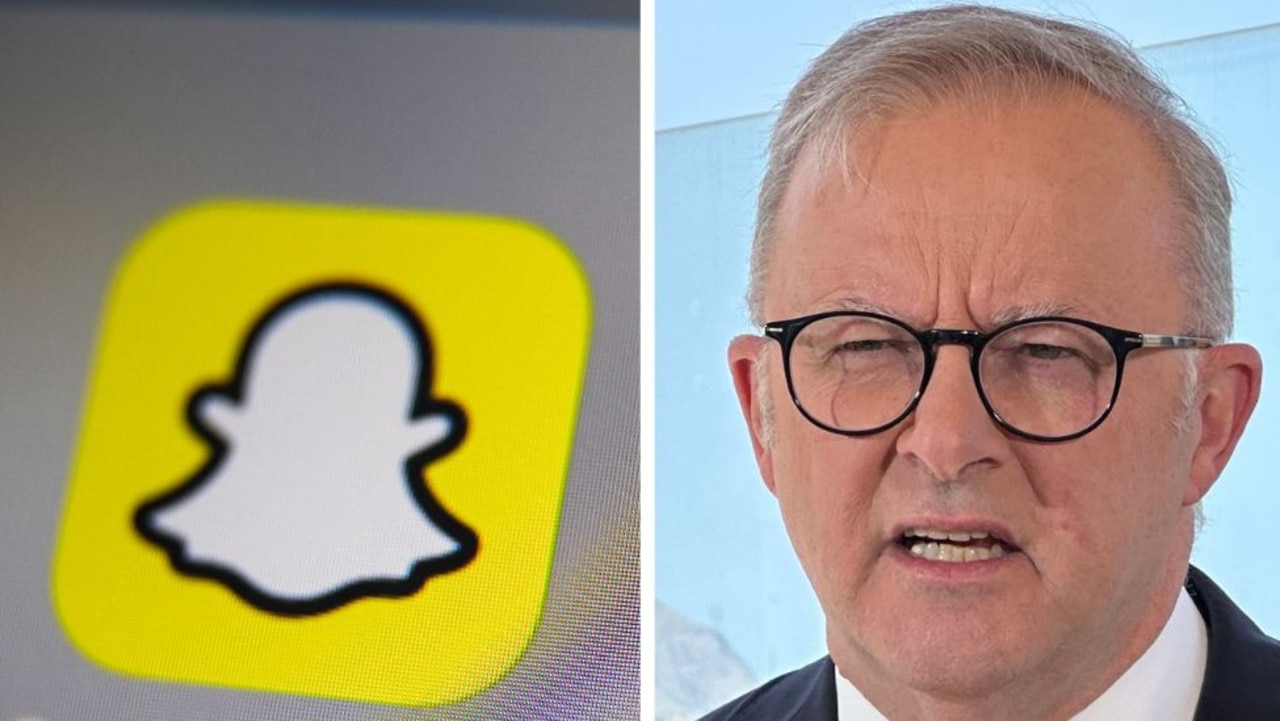Telstra Cyber Safety survey reveals young people regret their social media past
THE first generation of digital natives regret their social media past and want to warn others. What posts do you wish you'd never sent?

NEW Australian research shows most young "digital natives" regret things they have posted online and are urging school students to think before they make the same mistake.
The Telstra Cyber Safety survey of 1001 Australians aged 18 to 25 found 82 per cent of the first generation who have grown up with social media did not realise the long-term impact of their posts and 52 per cent had regrets about things they'd posted.
The survey found 60 per cent said they were more concerned now than they were as young teens about the impact their online reputations could have in the real world.
The survey showed more than half of young Australians regret posts they have made online.
The strongest finding in the research is that 99 per cent of digital natives say educating young people is the key to avoiding the pitfalls of social media.
Katrina Lee, 25, who works in Sydney's finance sector, is one of those who have learnt the lesson about the perils of social media the hard way.
In her first job out of university in 2009, she became Facebook friends with her new work colleagues. She took to the social network after a meeting with her supervisor to pose the question `Who on earth monitors people's bathroom breaks?, a post that was seen by her colleagues and sparked workplace gossip.
She believes the post was a factor when she was later let go from the company.
Katrina, who has since moved interstate and found a new career path, has learnt her lesson.
"It's hard to realise that people are watching and you can't really use it as a private conversation, and that's how I saw social media as a way to get whatever out," she said.
Telstra manager of cyber safety Shelly Gorr said the findings were an important reminder about social media etiquette as teenagers headed back to school.
Ms Gorr said the research showed how older teenagers and younger adults felt about how their lives had played out online, particularly as they reached an age where they were staring their careers knowing their past behaviour had often been documented online.
"They've recognised both the benefits of the digital technology but then they've also realised as they've gotten older that they have regretted some things," she said.
"The reason people are regretting what they've done online is that it shows them in a negative way.
"Older teens and young adults are saying this is really key, think about what you post be it for your future employment prospects or just be it to maintain your friends or your social relationships."
Ms Gorr said parents should have ongoing conversations with their teenagers about cybersafety and social media practices and lead by example, with 45 per cent of digital natives saying they wished their parents had told them to think before posting.
Rosie Thomas, co-founder of the anti-bullying organisation Project Rockit that sends young people to schools to run cyber safety workshops, said the research was valuable because it tapped into the views of the digital generation.
"When it comes to the digital world, young people are the experts," she said.
"Nobody knows more about the fast evolving, ever changing world of games and apps and particularly social media than digital natives themselves."
Ms Thomas said the experience of adolescence hadn't changed, it was just the tools that adolescents used.
"Growing up before the digital communication world you might write it in your diary, or you might lock yourself behind your bedroom door or you might talk about it with your mates," she said.
"What we're realising now is that this performing of adolescent experimentation is just happening in this really public space.
"As a society we're all taking time to catch up really, really quickly to realise that we need to create this hyper awareness in young people that what happens online will stick around and it might inhabit our opportunities not just for employment and not just education but also for your relationships."
Ms Thomas said the challenge for teenagers today was that their mistakes were played out in a forum that was very judgmental forum and permanent.
"We all make mistakes, particularly as a teenager," she said.
"For young people it is very much here and now. You've got your smartphone in your pocket, you whip it out like a pistol and you can write a text message in 10 seconds.
"You're not necessarily thinking it through."
SOCIAL MEDIA REGRETS, WE'VE HAD A FEW ...
Imogen Payter, 20, Sydney: Posted a party event on Facebook which resulted in 700 people turning up and a massive brawl that spread on to the Pacific Highway and shut it down. "It's definitely caused a lot of arguments with my parents, lost me a lot of good friends in some cases and the party with the police - although it made me quite cool at the time - that really did get a lot of people hurt and a lot of people in trouble."
Mitchell Roser, 19, Brisbane: Having struggled with mental health issues for four years, he posted online that he was planning suicide. "The content had both good and bad consequences on my life. The good is that I was able to get some help with the mental health conditions, but the bad is that I lost a lot of friends as well as stressing a lot of people out and having to go to hospital for a week because of it."
Linh Huynh, 21, Perth: Posted details of some personal issues on a blog. The blog was discovered by some bullies at a new school. "It had a huge impact as I was in year 11 and 12 in a new school and I didn't yet know anyone. I wanted a new start, but these people thought otherwise. They spread rumours about me and made my final years of high school very difficult. I had very few friends and felt lonely and alienated for the rest of my time there."
Kristal Brown, 18, Adelaide: Made many social media posts in early high school just to be cool or to fit in. "It made me realise that it is not a necessary thing to do and people can get very hurt over it. But in saying that, I was a young teenager just not thinking about my actions and did already know of the possible consequences."



